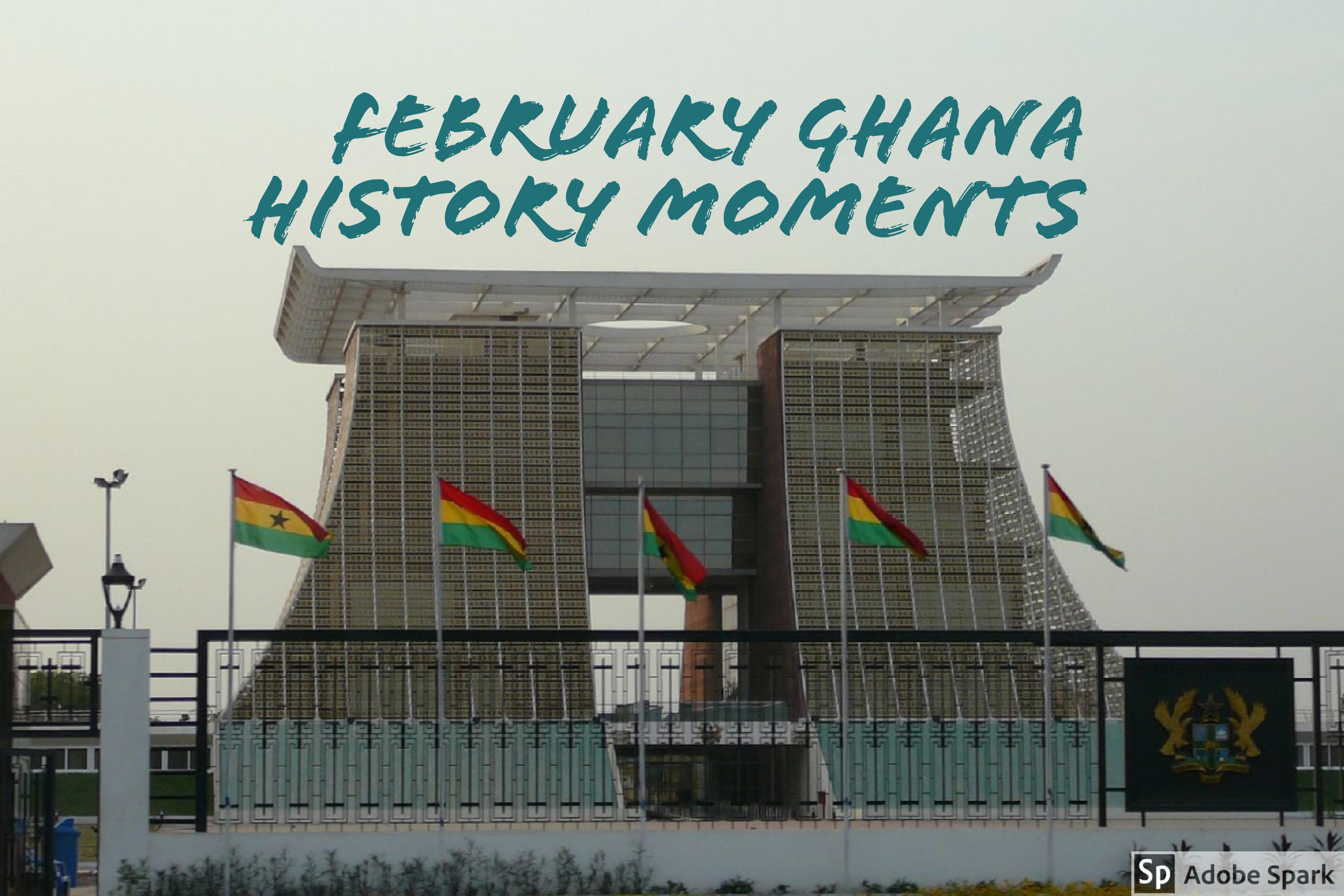The Coussey Commission was established on March 14, 1949 to draft a constitution towards self-rule for Gold Coasters. The membership of the Coussey commission included all leading members of the UGCC except Kwame Nkrumah whose views on independence were now at variance with the UGCC. Prior to this, in August 1948 Nkrumah had been demoted by the UGCC to treasurer because of his radical ideas were seen as responsible for the riots and unrest in February 1948.
In June 1949, a committee headed by William Ofori Atta convened in Saltpond to try and settle the differences between Nkrumah and the other members of the UGCC. However, the youth wings, then called the Committee on Youth Organisation (CYO) had become increasingly frustrated insisted that Nkrumah not be reconciled to the intelligentsia. Under the threats of abandoning him, Nkrumah sided with the CYOs and broke up from the UGCC. The next day he announced the formation of the CPP with an aim to attain self-government NOW.
In view of his exclusion from Coussey, the Osagyefo simply declared the Coussey constitution as fraudulent and bogus. The CPP went on the offensive attacking both the colonial government and the UGCC.
